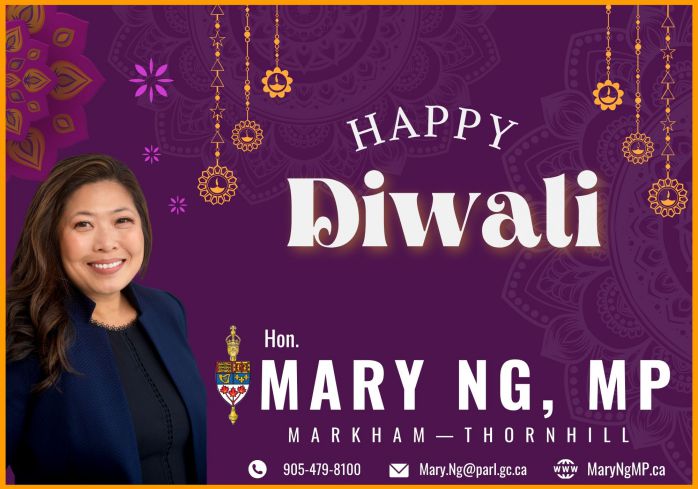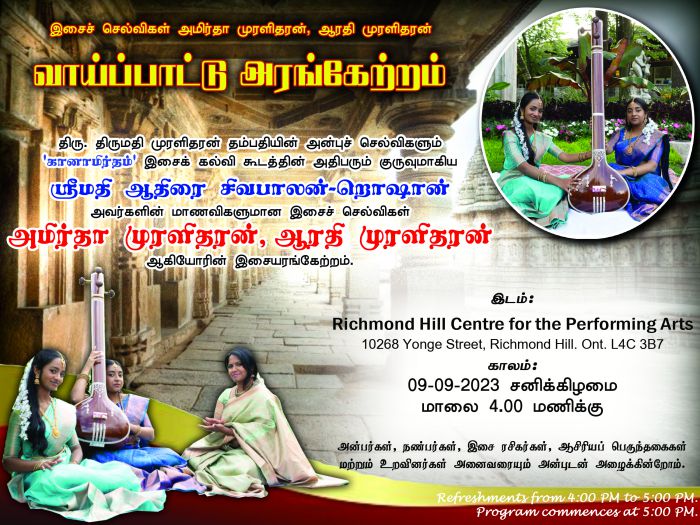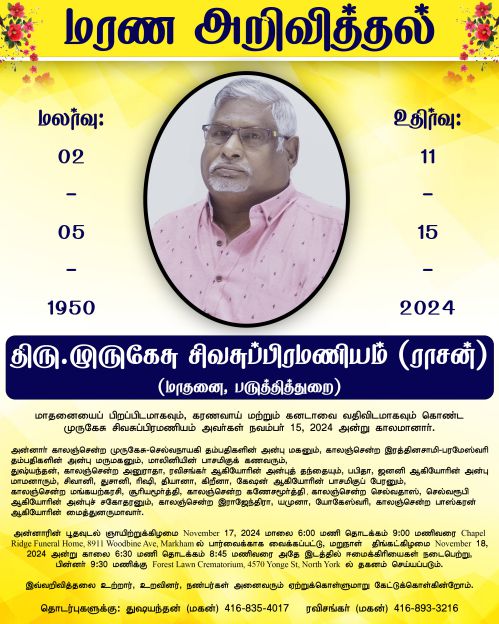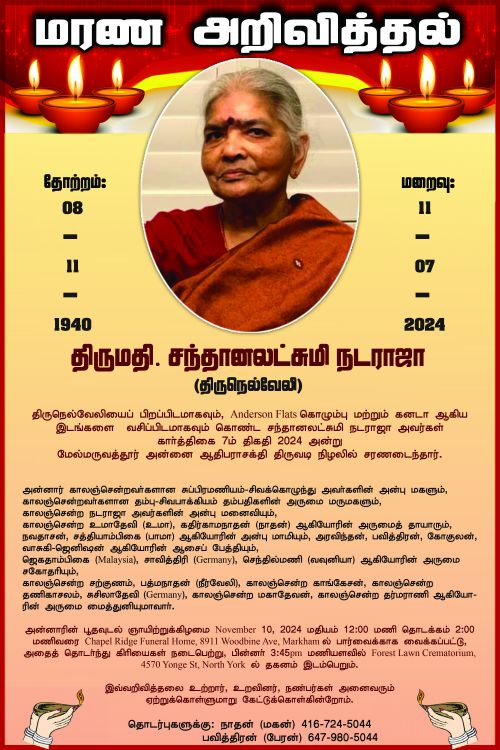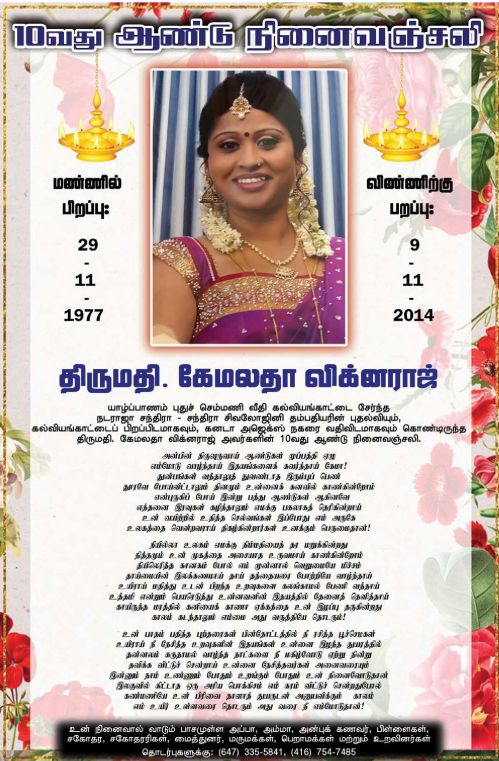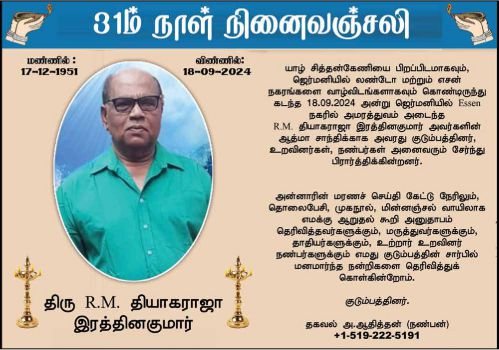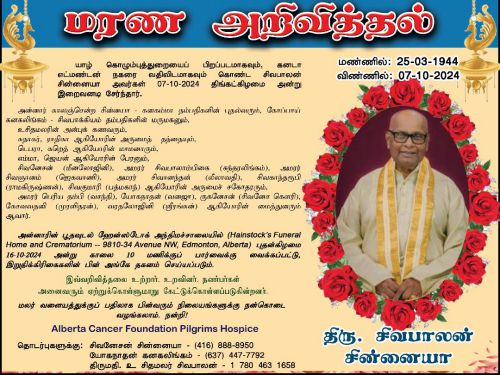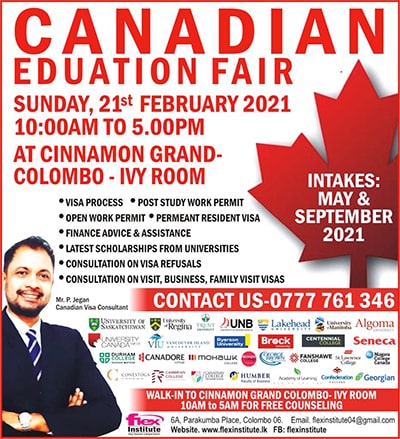Sri Lanka rejects core recommendations of UN Human Rights Council
Share
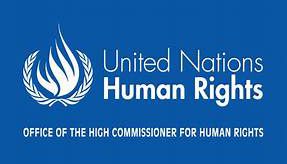
Siva Parameswaran
War-affected Tamils are deeply disappointed as Sri Lanka refuses to accept recommendations on accountability
Sri Lanka has rejected key recommendations made by the UN member states at the Universal Periodic Review (UPR) of the island nation placed before the 53rd session of the UN Human Rights Council (UNHRC).
The recommendations included credible transnational justice and reconciliation, accountability, implementing the Council’s recommendations, and ending the culture of impunity. The reply of the Sri Lankan government is expected to be discussed on the 10th of July at the UNHRC. The UPR on Sri Lanka was led by the Troika of Algeria, the United Kingdom, and Qatar.

Sri Lanka has acknowledged the UPR as a helpful voluntary peer-review process that fosters the sharing of good practices by UN member states in the implementation of human rights commitments and obligations and also facilitates a cooperative approach for countries to domestically fulfill human rights obligations that have been voluntarily undertaken.
While most recommendations are just formal in nature, important ones pertaining to human rights and accountability have been outrightly rejected by the Ranil Wickremesinghe-led government.
The recommendation from its close neighbour India does not speak about accountability for alleged war crimes. Even though, its recommendation to “continue to take measures to ensure that the fundamental freedoms and human rights of all its citizens, in particular all Tamil-speaking citizens, are fully protected” has only been partially accepted.
Most Western nations have called for tougher actions on the Human Rights front. The recommendations put forward by Australia, Netherlands, Germany, Norway, New Zealand, and the United States of America calling for such tougher actions were outrightly rejected by the Sri Lankan government in its response to the UNHRC.
The United States of America has put forward what is apparently the strongest of all the recommendations. It calls for ending the culture of impunity.
“End impunity for human rights violations, abuses, and harassment, especially against members of ethnic and religious minority communities, by holding those responsible to account, including security forces and government officials, and implementing commitments under Human Rights Council resolutions”.
Australia, Norway, Netherlands, and New Zealand have called for the full implementation under the UNHRC resolution 51/1 which calls upon the Government of Sri Lanka in addressing the underlying causes of the crisis, including impunity for human rights violations and economic crimes.
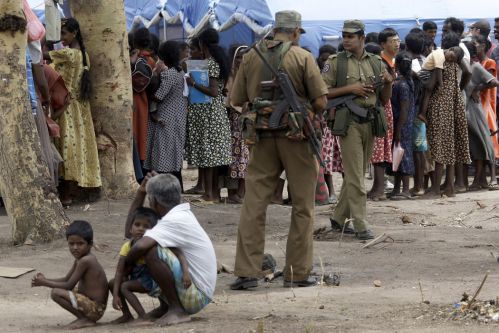
“The United Nations High Commissioner for Human Rights urges the new Government to embark on a national dialogue that would advance human rights and reconciliation and to carry out the deeper institutional and security sector reforms needed to prevent the recurrence of violations of the past”.
Australia in its recommendation has called to “Fully implement a credible transitional justice and reconciliation mechanism consistent with Human Rights Council resolution 51/1 and renew commitments made under Council resolution 30/1”.
Apart from promoting reconciliation, accountability, and human rights in Sri Lanka the Kingdom of Netherlands has not only recommended implementing UNHRC resolution 51/1 but also 30/1 and 46/1.
Germany wants to ensure the independent work of the Office of Missing Persons (OMP) and the Office for Reparations (OR).
“Implement fully the recommendations in Human Rights Council resolution 51/1 and take steps to implement an inclusive transitional justice process in the country” Norway said in its recommendation.
New Zealand in its recommendation called upon Sri Lanka to act in “accordance with resolution 51/1, constructively promote post-conflict reconciliation, domestic accountability, and human rights”.
Sri Lanka in its reply to the oral observations of the Deputy High Commissioner of the UNHRC Nada Al Nashid in ensuring accountability and in particular the role of the OMP said, it has provided responses to 159 cases in the last two years “brought to its attention by the UN Working Group on Enforced Disappearances (WGEID)”. But the government has not responded to thousands of cases reported to the OMP, which has not even found a single person who surrendered, handed over, or went missing.
“Any allegation of disappearance reported to the Police is duly investigated and information on such cases was provided in the National Report of Sri Lanka. The Government has taken measures to investigate all reported cases of alleged disappearances including those related to the last phase of the conflict,” had been the government response.
Victims of those who have disappeared or gone missing after being handed over to the state security forces during and after the war have found no tangible investigations over their complaints and none have either been found or the families given a convincing answer.
Four Human Rights organisations recently released a report on mass graves in Sri Lanka and the state’s complicity in hampering investigations into those. War-affected Tamils fear for the life and safety of their near and dear who have gone missing at the end of the war 14 years back.
The government has now announced the establishment of a Truth and Reconciliation Commission (TRC), instead of setting up a transitional justice mechanism with international participation which had been the longstanding demand of Tamil war victims.
Sri Lanka’s longest ongoing protest led by women, mostly elderly mothers in search of their kith and kin is continuing beyond 2300 days.
Human Rights activists point out, the Sri Lankan government lacks the political will into investigating allegations of war crimes as the state security forces are the prime accused.





